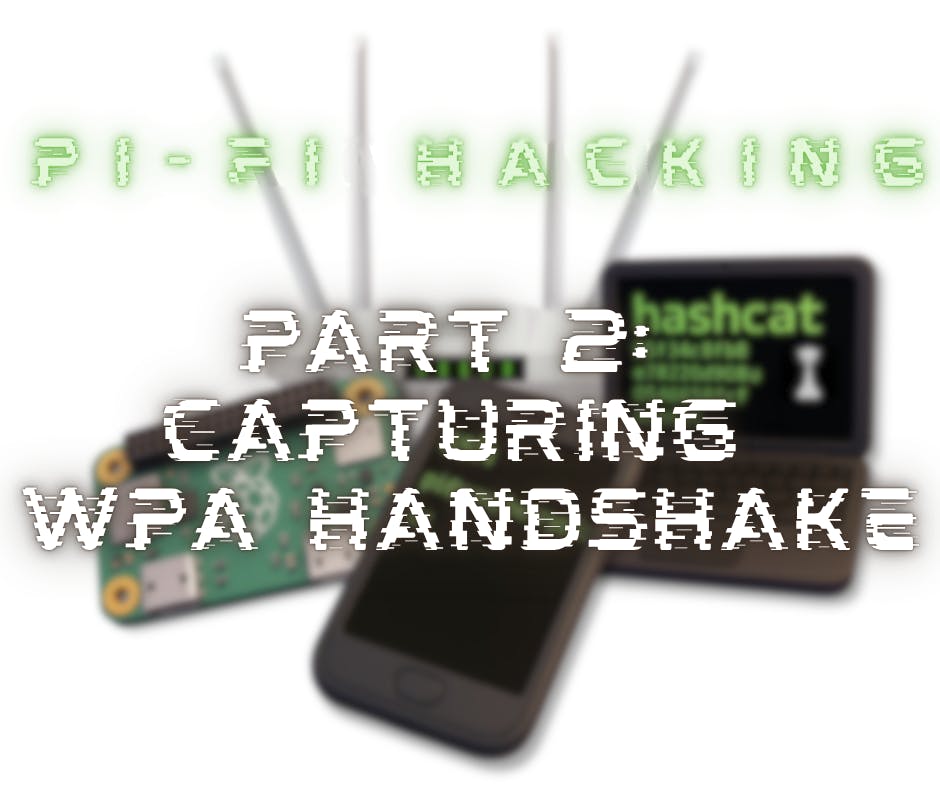AN URGENT warning has been issued to drivers in the UK over a parking fine text alert this bank holiday weekend.
It could prevent you paying a costly fine for parking.
1
Brit drivers have been receiving a text suggesting they have been given a Parking Charge Notice (PCN) with a fine to be paid.
There is also an urgent date included as a deadline to pay the fine, otherwise additional penalties will be incurred or even a strike against your credit rating.
The message reads: “Parking Charge Notice (PCN): The record shows that you have unpaid parking fines.
“The deadline for paying the fine is August 23, 2025.
“If you fail to pay the fine on time, you may be subject to additional fines and interest.”
A link is also included in the text where you pay the bill.
However, this message has proven to be a very convincing scam currently going around.
And authorities are warning numerous Brits not to click on the link if they receive this message.
Trafford Council even posted on X: “Please don’t click the link or make any payment.”
The Royal Borough of Greenwich added: “If you receive a text claiming to be a PCN, it’s likely a scam.”
The site that the link takes you to also looks very real.
It is in fact almost identical to the UK Government’s official GOV.UK page in terms of the design, layout and font.
There is a box to enter your postcode for the PCN “issued by a local council”, as well as your car’s registration.
You are then taken to page to pay a £20 fine, that has a “Pay Now” button under the penalty charge notice.
If you click on this, you are asked to fill out your full name, address, and banking details.
This is what will give scammers full access to your data, and enable them to steal you money.
The GOV.UK site states: “Do not give out private information (such as bank details or passwords), reply to text messages, download attachments or click on any links in emails if you’re not sure they’re genuine.”
They advise to forward any suspicious text messages to 7726, which will be at no cost.
This will then report the message to your mobile phone provider.
For those in England and Wales who may have already been scammed, lost money or been hacked, let your bank know and message Action Fraud as soon as possible.
How to protect yourself from fraudsters
ACTION Fraud recommends taking the following advice to stay safe:
- When making a purchase, be suspicious of any requests to pay by bank transfer or virtual currency instead of safer methods, such as credit card or payment services such as PayPal.
- Listen to your instincts: If something feels wrong then it is usually right to question it. Don’t pay for goods or services unless you know and trust the individual or business.
- Personal information obtained from data breaches is making it increasingly easier for fraudsters to create highly targeted phishing messages and calls – watch out for these.
- You shouldn’t assume the caller is genuine just because they’re able to provide some basic details about you.
- Always be suspicious of unsolicited requests for your personal or financial information.
- Contact your financial provider as well as Action Fraud on 0300 123 2040 if you think you’ve been scammed.








